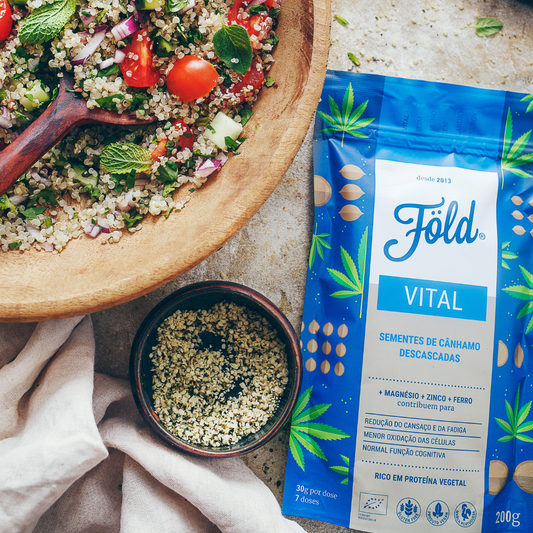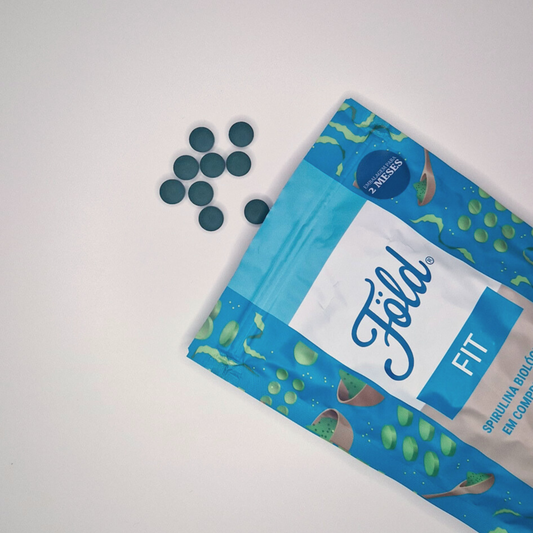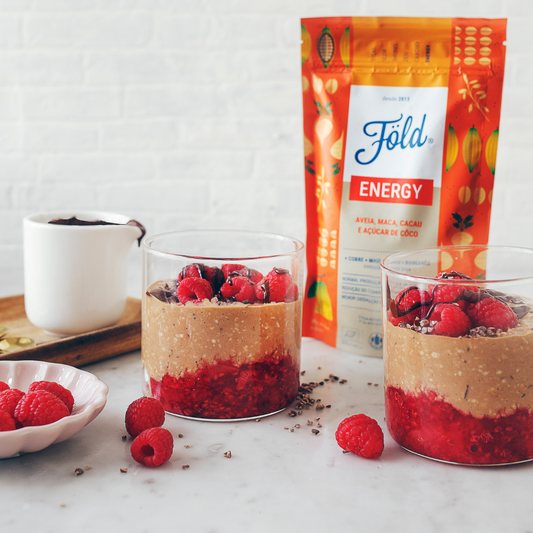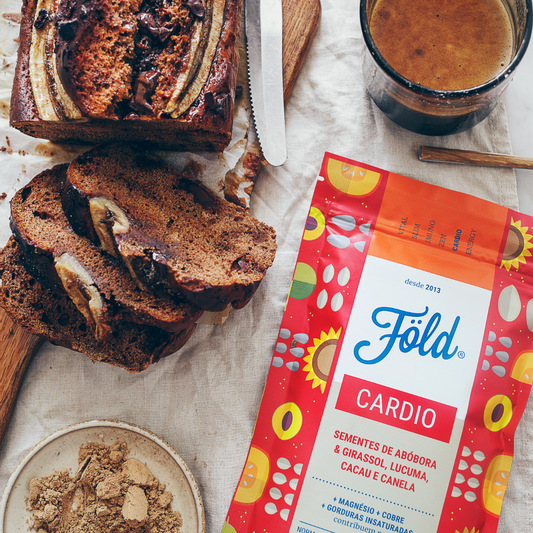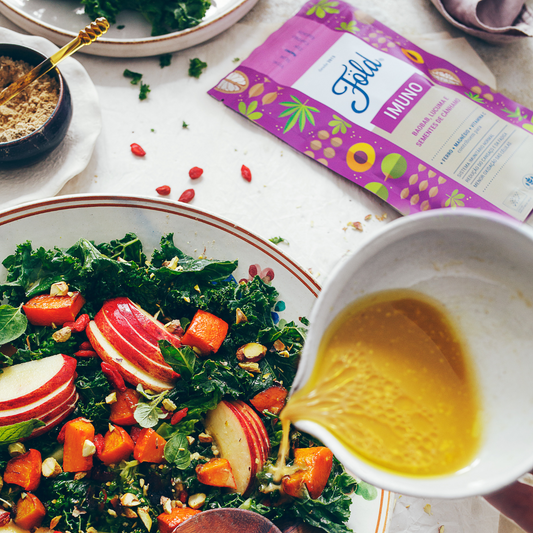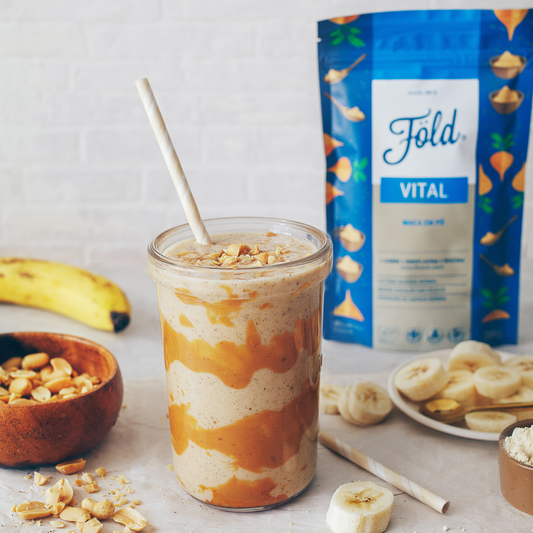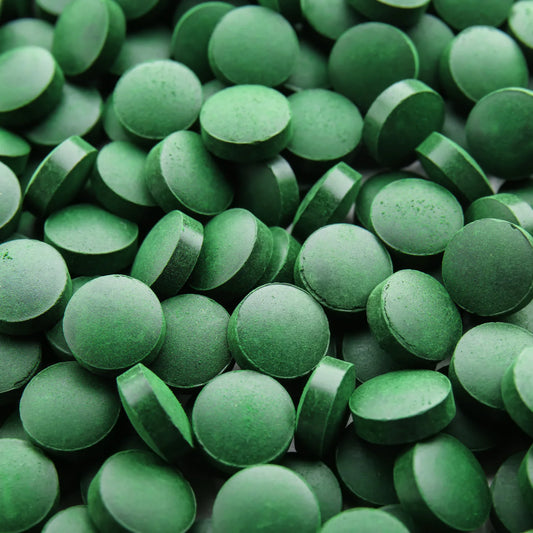Fats play a crucial role in our body, however they should be consumed in moderation. Fat consumption should represent around 30% of the daily energy value. Let's explore the different types of fats and how we can make more conscious food choices to promote health.
The Importance of Fats:
Some fats provide essential fatty acids, which are vital for our body's functions because it is unable to produce them naturally. Sources of this type of fat include fatty fish, oilseed fruits, seeds and avocado. Furthermore, fats serve as a vehicle for fat-soluble vitamins (A, D, E and K), contributing to the regulation of intestinal transit and appetite control.
However, excessive fat consumption can have serious consequences, such as an increased risk of cardiovascular disease, obesity and complications such as high blood pressure and cancer.
Exploring the various types of fat:
- Monounsaturated Fats: Present in olive oil, peanut oil, nuts and avocado. They contribute to the reduction of LDL cholesterol.
- Saturated Fats: Found in butter, full-fat cheeses, cold cuts, lard, palm and coconut oil. Excessive consumption is associated with cardiovascular disease.
- Polyunsaturated Fats: Liquid at room temperature, present in vegetable oils, oilseed fruits and seeds. Essential for growth and response to infection.
- Fatty Acids such as Omega-6 and Omega-3: Found in foods such as vegetable oils, fatty fish and green leafy vegetables. Important for brain and cardiovascular function.
- Hydrogenated and Trans Fats: Harmful to cardiovascular health, present in processed and ready-to-eat foods and margarines. Associated with increased LDL cholesterol.
- Cholesterol: Present only in products of animal origin, such as fatty cheeses and egg yolks. Excessive consumption increases the risk of cardiovascular disease.
Some smart choices when it comes to fat:
- Read labels to choose foods that are lower in fat.
- Choose olive oil for cooking and seasoning.
- Avoid processed foods.
- Choose lean meats and remove the skin before cooking.
- Choose low-fat dairy products.
- Use preserves, such as tuna, in water or tomato sauce.
- When dressing salads, opt for small amounts of olive oil, vinegar or lemon juice.
- Use non-stick pans to cook without adding fat.
- Avoid fried ones.
Introducing Föld Cardio: A Smart Approach to Cardiovascular Health
By exploring the nuances of fats, we highlight Föld Cardio's vital role in promoting healthy choices. Carefully formulated, it offers a balanced combination of ingredients including pumpkin seeds, sunflower, lucuma, cocoa and cinnamon, all known for their cardiovascular health benefits.
Main Benefits of Föld Cardio:
- Balanced Unsaturated Fats: Föld Cardio is a source of unsaturated fats, essential for cardiovascular health. The presence of beneficial fatty acids contributes to the reduction of LDL cholesterol.
- Essential Nutrients: In addition to healthy fats, Föld Cardio offers a variety of nutrients, such as copper, phosphorus, magnesium, vitamin C, carotenoids and fiber, which play key roles in maintaining health.
- Control of Cholesterol and Blood Pressure: Contributes to reducing blood pressure and helps control cholesterol levels, crucial elements for heart health.
- Irresistible Flavor: With a delicious woody touch of cinnamon, Föld Cardio is not only beneficial, but also a pleasure for the palate.
Incorporating Föld Cardio into the Daily Routine:
Adding Föld Cardio to your daily routine is a simple and tasty way to support cardiovascular health. Whether as part of your breakfast, in a smoothie or as a nutritious snack, this food can be a valuable addition to your wellness journey.



